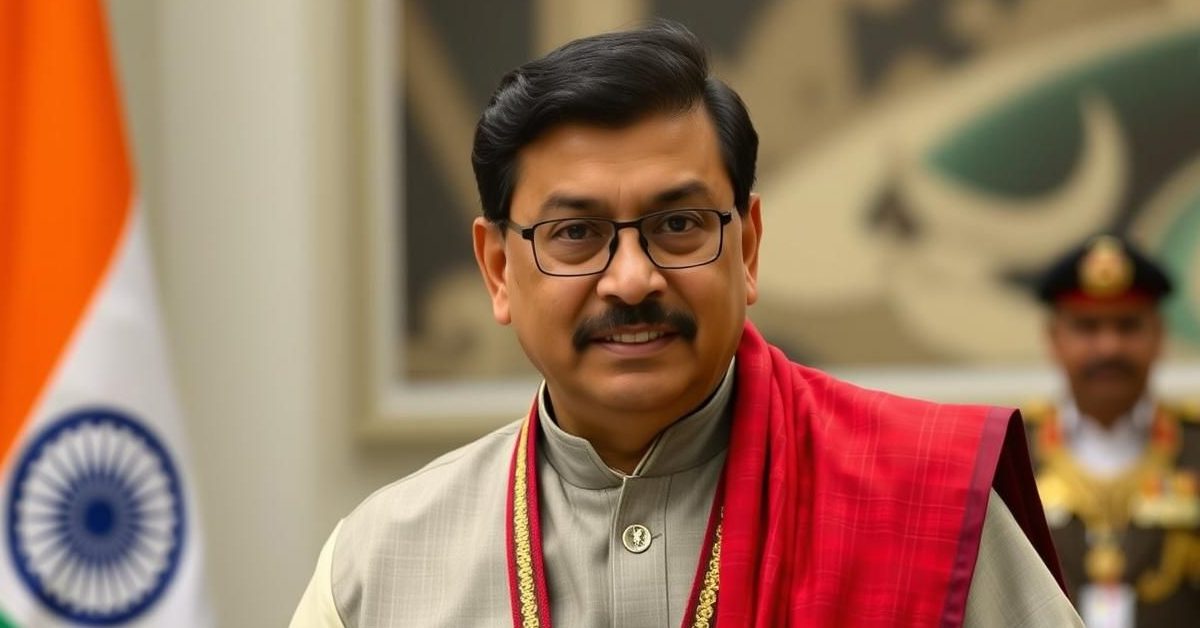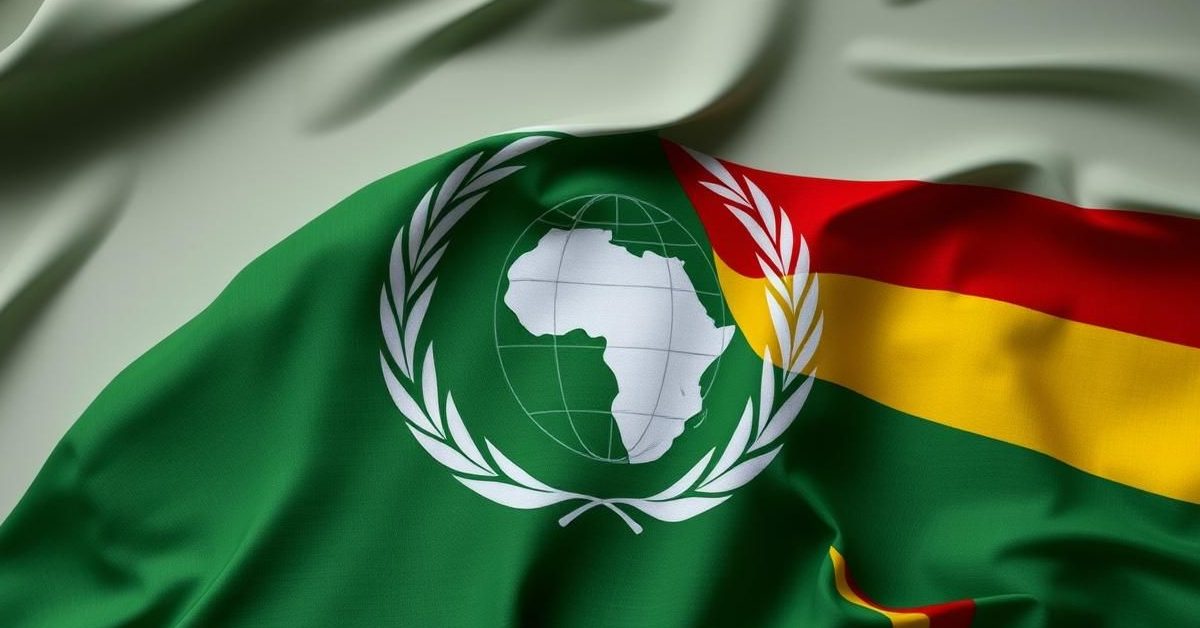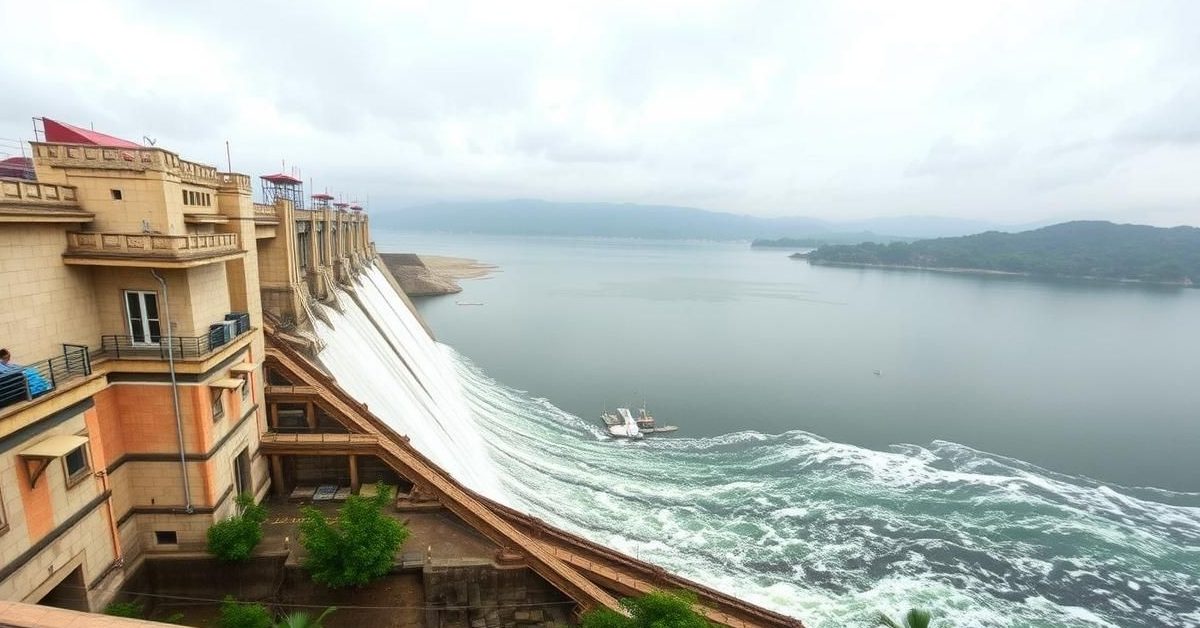From India’s diplomatic engagements and educational reforms to urban development challenges, global trade strategies, and the physiological impacts of space travel, this article delves into a range of recent significant developments.
India’s Diplomatic Engagements and the SCO
External Affairs Minister S. Jaishankar recently made his first visit to China since the 2020 military standoff in eastern Ladakh. His meetings, including with President Xi Jinping, signal ongoing efforts to repair bilateral relations between the two nations.
While attending a gathering of Shanghai Cooperation Organisation (SCO) Foreign Ministers, Jaishankar emphasized the SCO’s core mission to combat the “three evils” of terrorism, separatism, and extremism. He stressed the importance of an “uncompromising position on this challenge” within the organization.
The SCO, established in 2001, is a permanent intergovernmental international organization that India joined as a permanent member in 2017. Its objectives include strengthening mutual trust, fostering cooperation across various sectors, and maintaining peace, security, and stability in the region.
Revisiting History in NCERT Textbooks
New Class 8 Social Science textbooks from NCERT have introduced notable revisions to the historical accounts of the Delhi Sultanate and Mughal periods. The books describe rulers like Babur as “brutal” and mention “many instances of religious intolerance” during these eras.
NCERT states that these changes are part of a “rationalisation” exercise, aligning with the National Education Policy (NEP) 2020 and the National Curriculum Framework for School Education 2023. A “Note on Some Darker Periods in History” included in the books clarifies the rationale, encouraging students to study the past dispassionately without holding present-day individuals responsible for historical events.
The aim is to offer an “honest approach to history,” enabling students to derive important lessons for the future. This revised curriculum now covers historical content previously introduced in Class 7 within the new Class 8 syllabus.
Global Trade and “De-risking”
The concept of “de-risking” has become a central theme in international relations, particularly in anticipation of potential shifts under a future “Trump 2.0” administration. As highlighted by C. Raja Mohan, many of America’s traditional allies are now adopting strategies akin to India’s long-standing “strategic autonomy.”
“De-risking” involves nations diversifying their partnerships and rebuilding domestic capacities to reduce excessive reliance on any single country, even a close ally. India, with its historical ability to navigate strategic surprises, is seen as well-positioned for these global power dynamics.
While European nations, for instance, are exploring ways to “de-risk” their ties with the US, the situation in Asia presents unique challenges due to less developed regional institutions and a significant power disparity with China. Nevertheless, India continues its engagement with Washington, assessing the broader geopolitical implications.
Urban Challenges: Gurugram’s “Millennium Village” Mindset
Gurugram, often referred to as the “Millennium City,” continues to face persistent urban issues like waterlogging. Sanjay Srivastava argues that these problems are not merely due to inadequate physical infrastructure but stem from underlying “mental attitudes” concerning urban life and community.
The article suggests that urban existence in Gurugram is often structured around insular “family, caste, and class circuits,” rather than a broader concept of public interest. This mindset, rooted in “rural attitudes,” has unfortunately been carried into new urban developments, hindering effective city management and public services.
Ultimately, true urban planning requires cultivating a sense of publicness and shared responsibility. It’s about fostering a collective identity, rather than simply implementing “smart” technologies, to achieve genuine urban modernity.
Astronaut’s Return and Space Reconditioning
Indian astronaut Group Captain Shubhanshu Shukla is returning to Earth after an 18-day mission aboard the International Space Station. A significant challenge for astronauts returning from microgravity is readapting their bodies to Earth’s gravitational pull.
Initially, astronauts often experience “space sickness” as their brains struggle to process conflicting sensory information. Upon their return, they may encounter difficulties with balance and mobility. To address this, they undergo personalized reconditioning plans focusing on improving balance, strength, flexibility, and overall physical recovery.
Spacecraft often prefer a “splashdown” landing in water for re-entry, as it is considered safer and simpler. Water provides a substantial cushion, absorbing impact shock and minimizing damage to the spacecraft and its crew. The vastness of the ocean also offers a large, forgiving landing zone, and the capsules are specifically designed to float once they hit the surface.
- India is actively engaged in diplomatic efforts to improve bilateral ties with China while maintaining a firm stance on combating terrorism within the SCO.
- New NCERT textbooks are revising historical content, particularly on the Mughal period, aiming for a more “honest” and evidence-based approach to history.
- The concept of “de-risking” is gaining traction globally, as nations seek to diversify partnerships and build resilience against geopolitical uncertainties.
- Urban governance challenges in Indian cities like Gurugram are influenced by socio-cultural mindsets that prioritize private interests over collective public good.
- Astronauts require extensive physical reconditioning upon returning to Earth due to the physiological changes experienced during prolonged periods in microgravity.
These diverse developments highlight India’s ongoing engagements and transformations across its foreign policy, educational framework, urban planning, and advancements in space exploration.















